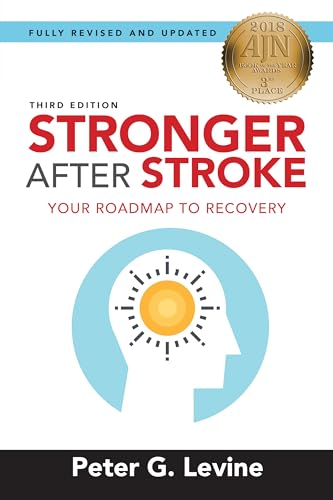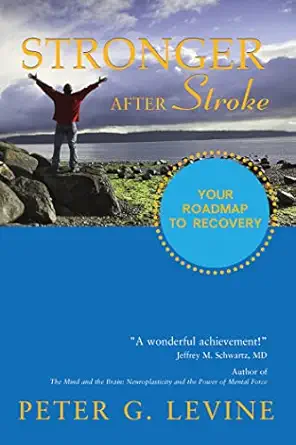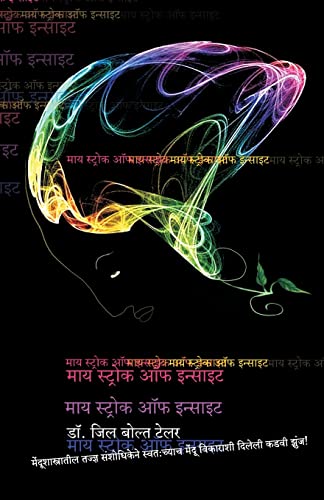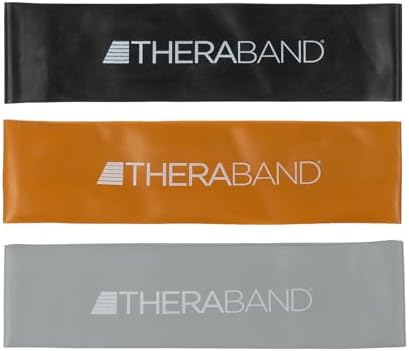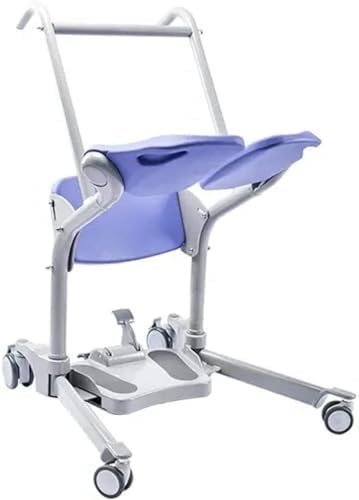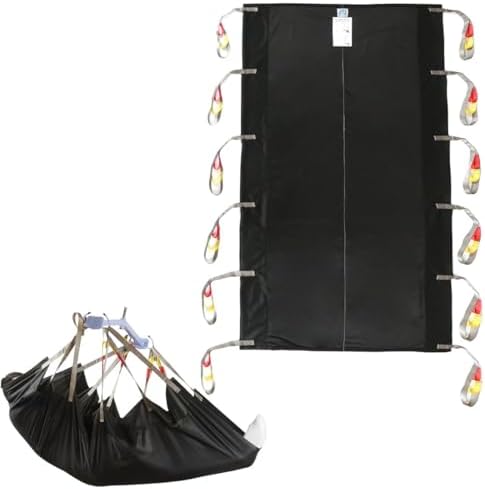Understanding the Benefits of Stroke Recovery
Stroke recovery is a multifaceted process that plays a crucial role in restoring individuals’ quality of life following a cerebrovascular accident. One of the most significant benefits of stroke recovery is the improvement in physical mobility. Many survivors may experience weakness or loss of coordination, but targeted rehabilitation exercises can significantly enhance strength and movement. Therapies such as physiotherapy encourage patients to regain their ability to perform daily activities, fostering a sense of autonomy and satisfaction.
In addition to physical benefits, stroke recovery also contributes positively to speech and cognitive functions. For many individuals, communication can be affected due to aphasia or other speech-related issues post-stroke. Speech therapy is instrumental in helping patients regain their ability to articulate thoughts clearly, ultimately improving their confidence and social interactions. Cognitive rehabilitation addresses memory, attention, and problem-solving challenges that might arise, allowing individuals to navigate their daily environments more effectively.
Moreover, the emotional resilience gained through stroke recovery cannot be underestimated. The journey often cultivates a sense of determination and optimism, as survivors face various challenges and overcome them. Personal stories from stroke survivors reveal how resilience is built through rehabilitation efforts, support from loved ones, and connections with peer groups who share similar experiences. Such networks provide invaluable encouragement, proving essential in promoting emotional well-being and fostering a hopeful outlook toward the future.
Social reintegration is another critical benefit of stroke recovery, as engaging with family, friends, and community activities helps in restoring a sense of normalcy. This process boosts self-esteem and combats feelings of isolation that might accompany the aftermath of a stroke. Ultimately, the benefits of stroke recovery are extensive, promoting not only physical rehabilitation but also a holistic improvement in mental and emotional health that contributes to an enhanced quality of life.
Educational Resources for Stroke Survivors and Caregivers
Recovering from a stroke can be a challenging journey, not just for the individual affected but also for their caregivers. A thorough understanding of stroke and its recovery processes is essential for both parties to navigate this period effectively. Numerous educational resources are available that can provide guidance on rehabilitation strategies, coping mechanisms, and emotional support to foster a positive recovery experience.
One of the most accessible resources are books specifically tailored for stroke survivors and their caregivers. Titles such as “My Stroke of Insight” by Dr. Jill Bolte Taylor provide personal insights on the recovery journey. Similarly, “Stronger After Stroke” by Dr. Peter G. Levine offers practical advice and rehabilitative strategies grounded in clinical evidence. These publications can be invaluable in enlightening both survivors and caregivers about the challenges they may face and how to overcome them.
In addition to literature, online courses and webinars present a flexible platform for learning. Organizations like the American Stroke Association offer a range of free online courses that educate users on stroke types, risk factors, and recovery processes. These resources can help caregivers comprehend their roles better and encourage active involvement in their loved one’s rehabilitation journey.
Support groups, both virtual and in-person, offer a unique avenue for survivors and caregivers to share experiences, discuss challenges, and gain insights from others who have walked a similar path. Websites such as the National Stroke Association provide directories for local and online support groups, fostering a sense of community and connection that is essential during recovery.
Understanding the journey of stroke recovery is vital. By leveraging educational resources, survivors and their caregivers can equip themselves with the knowledge necessary to face the realities of rehabilitation with confidence and resilience.
Valuable Content for Enhancing Recovery
The process of stroke recovery can often feel overwhelming, yet various resources can substantially aid in restoring health and improving quality of life. A combination of informative articles, instructional videos, and engaging podcasts can serve as vital tools for individuals navigating the complexities of rehabilitation. These resources cover a wide range of topics, including rehabilitation exercises, nutritional guidance, mental health strategies, and inspirational survival narratives that illustrate resilience and hope.
Rehabilitation exercises play a crucial role in stroke recovery, focusing on regaining mobility and strength. Videos that demonstrate specific movements and exercises tailored to stroke survivors can be enormously beneficial. Instructional content can guide patients through progressive stages of rehabilitation, ensuring that they maintain proper form and avoid injuries. Furthermore, articles detailing personal experiences shared by other stroke survivors provide motivation and a deeper understanding of the journey towards recovery.
Nutritional advice is another pivotal element in recovery. As stroke patients work towards regaining their health, adopting a diet rich in fruits, vegetables, whole grains, and lean proteins can support healing processes and enhance brain function. Resources that provide meal plans, healthy recipes, and discussions about the role of nutrition may empower individuals to make informed dietary choices, supporting overall recovery.
Mental health strategies are equally important. Podcasts that feature specialists discussing coping mechanisms, stress management, and emotional support enable stroke survivors to address the psychological challenges that may arise post-stroke. Understanding that mental well-being is as crucial as physical rehabilitation can help individuals develop a holistic approach to recovery.
Incorporating these varied resources into the stroke recovery journey not only supports physical and mental health but also fosters a sense of community and understanding. By using these valuable tools, stroke survivors can make informed decisions, enhancing their recovery experience and achieving significant progress on their path to rehabilitation.
Product Recommendations for Stroke Recovery
Stroke recovery can be a challenging process, but various products are available to assist individuals on their journey. The right tools can significantly enhance rehabilitation outcomes, making it essential to explore options that cater to specific needs. Below is a curated list of recommended products to facilitate stroke recovery, including physical therapy tools, adaptive equipment, and apps specifically designed to support rehabilitation.
One noteworthy tool is the TheraBand Resistance Bands. These bands are widely used in physical therapy for strength training, leading to improved muscle function and mobility. They come in various resistance levels, allowing individuals to gradually increase intensity as they build strength. Easy to store and carry, resistance bands can be utilized in home exercise programs or as a supplement to professional therapy sessions.
Another valuable resource is the EZ Stand and Transfer Aid. This adaptive equipment is designed to assist individuals with standing and transferring safely, reducing the risk of falls during the recovery process. With adjustable height features and a sturdy design, the EZ Stand supports both the user and the caregiver in achieving greater independence in daily activities.
By investing in these recommended products, individuals and their families can create an effective support system that enhances the stroke recovery journey.
